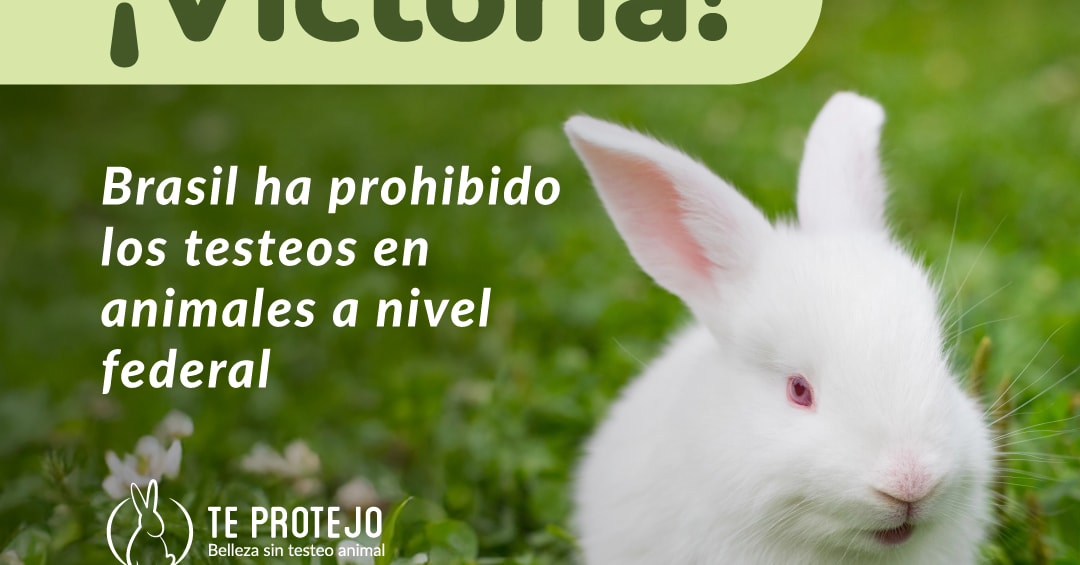In news of progress for our global campaign to ban octopus farming, a federal bill to prevent the commercial farming of octopuses, as well as the importation and sale of commercially farmed octopuses, has been reintroduced by U.S. Senators Sheldon Whitehouse (D-RI) and Lisa Murkowski (R-AK). The bipartisan legislation was originally introduced in 2024 and is being brought forward again now due to continued momentum at the federal level for the bill to become law. It is preceded by the introduction of similar legislation in various U.S. states, including formal laws in California and Washington.
The bill, referred to as “Opposing the Cultivation and Trade of Octopus Produced through Unethical Strategies Act of 2025” or the “OCTOPUS Act of 2025,” prohibits any authorization of commercial octopus aquaculture operations in the United States and its exclusive economic zone. The bill also prohibits the importation into the United States - or the re-exportation - of commercially aquacultured octopus, including any living or dead specimens, parts, or derivatives, or any product containing specimens, parts, or derivatives of such octopus.
We at Aquatic Life Institute (ALI) believe that the reintroduction of this federal bill signifies a watershed moment in protecting against the environmental, ethical, and public health challenges associated with octopus farming. This bill, as well as other recent legislative progress, follows the advocacy efforts of several NGOs, including ALI, Animal Legal Defense Fund, and more. ALI has actively supported this bill via conversations with Senator Whitehouse’s office and by sending the scientific material essential to craft the bill in an evidence-based manner.
More recent progress on the global campaign to ban octopus farming include:
- In May, together with Animals Aotearoa and other Aquatic Animal Alliance members, Aquatic Life Institute and 168 organizations signed an open letter urging New Zealand’s government to stop funding the development of octopus farming. This follows a $1 million grant to the University of Auckland to research the controversial practice. The joint letter was delivered to the Ministry of Business, Innovation and Employment, highlighting serious welfare concerns and environmental risks, including biodiversity loss and public health threats.
- The introduction of NY S7421/A8043, a bill that has been introduced in the state of New York that would outlaw aquaculture involving any species of octopus for human consumption. The bill also prohibits the sale, possession, or transport of farmed octopus, setting a strong, proactive precedent against this cruel practice.
Aquatic Life Institute has supported organizations such as Voters for Animal Rights and Woodstock Farm Sanctuary in this effort by reviewing draft bill language, integrating factsheets, providing scientific resources, and facilitating knowledge sharing on international developments and beyond. - Catalina López, Director of the Aquatic Animal Alliance, wrote a testimony to the Joint Committee on Agriculture to express our organization’s unequivocal support for House bill 127 in Massachusetts, USA—an act prohibiting the aquaculture of any species of octopus for human consumption.
ALI looks forward to continuing its work on these powerful legislations and efforts, while supporting incredible organizations worldwide as we work together to protect these intelligent, sentient animals.


